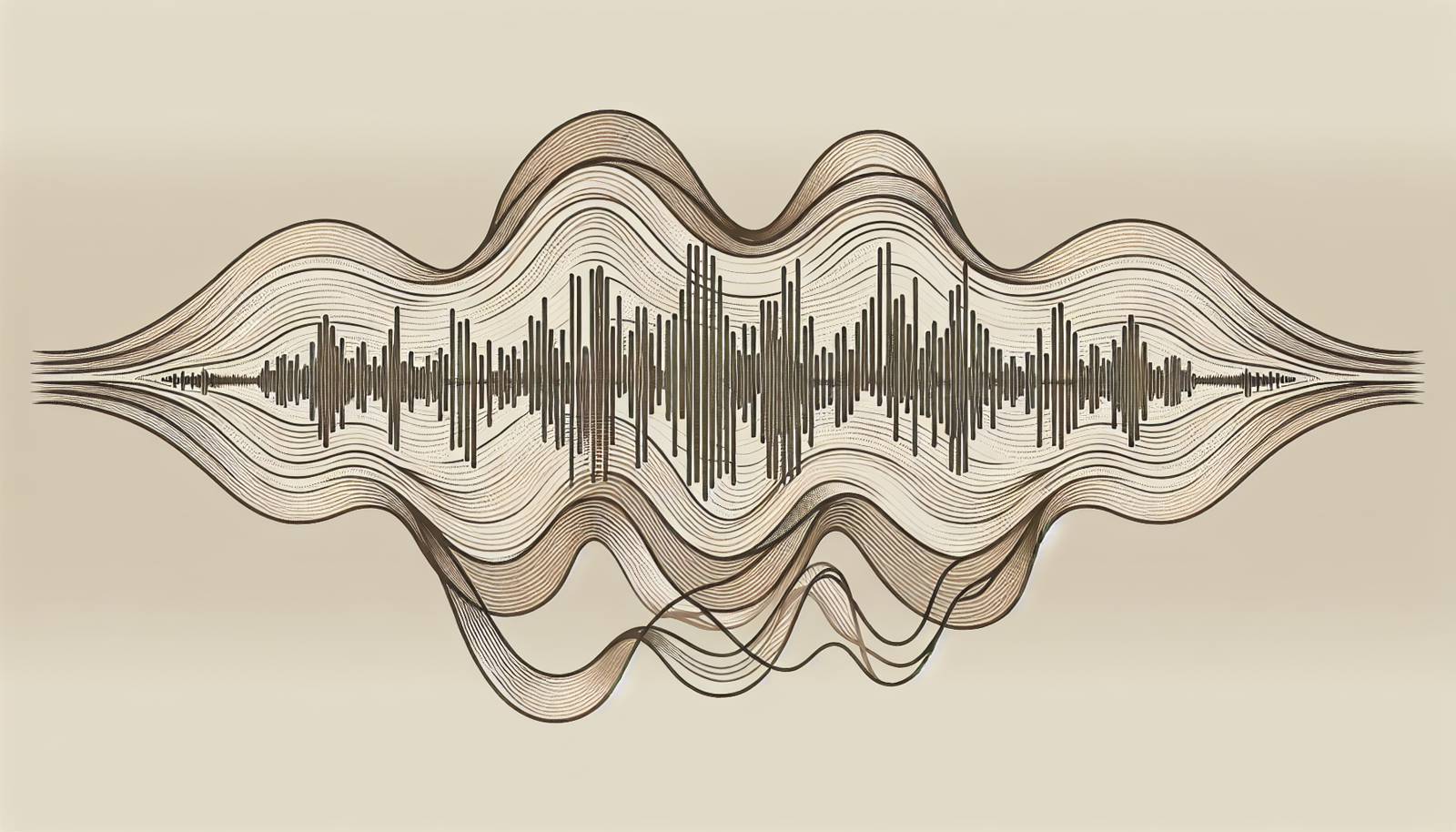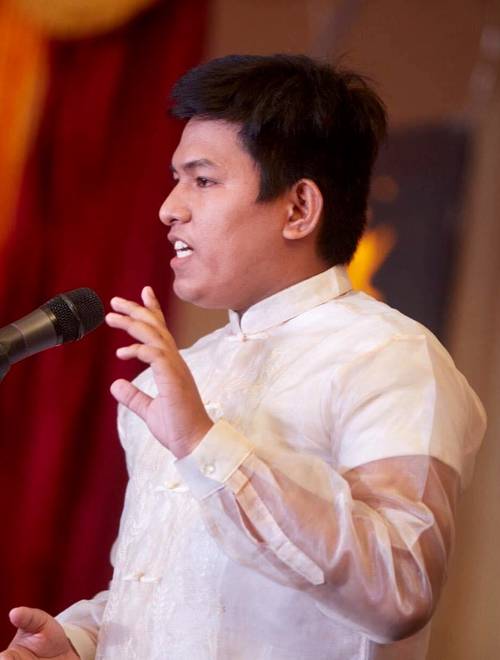
FAQ About The Evolution of Spoken Word Poetry

What is spoken word poetry?
Spoken word poetry is a performance art that focuses on the aesthetic and emotive aspects of spoken language. It often combines elements of storytelling, music, and theater to engage audiences more personally and directly compared to traditional written poetry.

How did spoken word poetry originate?
Spoken word poetry has roots in oral traditions that date back to ancient times. However, it gained significant contemporary recognition during the Harlem Renaissance and later with the Beat Generation in the mid-20th century. The rise of open mic venues and poetry slams in the late 20th century also contributed to its popularity.

What distinguishes spoken word poetry from traditional poetry?
Spoken word poetry is primarily intended for live performance, emphasizing vocal delivery, body language, and audience interaction, unlike traditional poetry, which is usually meant to be read silently. Spoken word poets often use rhythm, rhyme, and repetition to enhance their messages and engage listeners.

Why has spoken word poetry become a tool for social commentary?
Spoken word poetry offers poets a platform to address social issues by telling personal and communal stories. Its direct and often emotional delivery can highlight injustices and inspire change by evoking empathy and understanding among audiences.

Who are some famous spoken word poets?
Famous spoken word poets include Gil Scott-Heron, known as a pioneer of rap and spoken word; Sarah Kay, who co-founded Project VOICE and gained recognition for her TED Talk; and Saul Williams, an acclaimed poet and actor known for his powerful performances.

What is a poetry slam?
A poetry slam is a competitive event in which poets perform their spoken word poetry and are judged by an audience or panel of judges. Slams are known for their high energy and emphasize the audience's role in the performance, often involving cheering, applause, and instant feedback.

How does spoken word poetry impact community engagement?
Spoken word poetry fosters community engagement by creating spaces for shared experiences and dialogue. It encourages diverse voices to be heard, promoting inclusivity and collective understanding. Such events often bring communities together, breaking down barriers through shared stories and emotional connections.

Can spoken word poetry be part of a performance art?
Yes, spoken word poetry is often integrated into performance art, where it can be combined with music, dance, and visual arts to enhance its impact. This fusion allows poets to explore creative expression and reach broader audiences through multi-disciplinary approaches.

What role does technology play in the evolution of spoken word poetry?
Technology, particularly the internet and social media platforms, has significantly expanded the reach of spoken word poetry. Videos of performances can go viral, reaching global audiences and enabling poets to connect with wider communities beyond live events. Online platforms have also facilitated new forms of collaboration and exposure.

Is spoken word poetry part of hip-hop culture?
Spoken word poetry shares a close relationship with hip-hop culture, as both emphasize rhythm and lyrics to convey messages. Many spoken word artists draw on hip-hop influences and vice versa, creating a dynamic exchange between these art forms. The blending often results in innovative performances that push genre boundaries.

Are there themes commonly explored in spoken word poetry?
Common themes in spoken word poetry include identity, race, gender, love, politics, and social justice. Poets often use the medium to reflect on personal experiences and societal issues, aiming to provoke thought, elicit emotions, and inspire action among their audience.

How has spoken word poetry influenced education?
Spoken word poetry has been incorporated into educational settings to engage students in a unique and interactive way. It encourages critical thinking, self-expression, and empathy while helping students develop communication skills. Educators use it to address various topics and inspire a deeper connection to language arts.

What is Project VOICE?
Project VOICE is an organization co-founded by spoken word poet Sarah Kay, aimed at promoting spoken word poetry through performances and educational workshops. It focuses on inspiring individuals to express themselves and harness the power of spoken word for personal and social development.

Why is body language important in spoken word poetry?
Body language is a crucial element in spoken word poetry because it enhances the delivery of the poem's message. Gestures, facial expressions, and movement can add depth to the words, making the performance more engaging and impactful. Effective use of body language helps convey emotions and connect with the audience.

How do poetry slams encourage new poets?
Poetry slams provide a supportive and competitive environment where emerging poets can share their work with an audience. The format encourages creativity and experimentation, offering immediate feedback and fostering community. Slams often serve as an entry point for new poets into the spoken word scene.

How can one start performing spoken word poetry?
To start performing spoken word poetry, individuals can attend local open mics or poetry slams to experience the art form firsthand. Writing sessions with peers, watching online performances, and practicing delivery in front of small groups can also help build confidence. Joining or forming poetry groups can provide additional support and feedback.

What makes a spoken word performance successful?
A successful spoken word performance is one that resonates with the audience. Key factors include a clear narrative, emotional depth, engaging delivery, and authenticity. The poet's ability to connect and communicate effectively determines the impact of the performance.

Can spoken word poetry be improvised?
Yes, improvisation is a component of spoken word poetry that some performers use to add spontaneity to their work. While many poets prepare their pieces, incorporating improvised elements can enhance the performance's dynamism and make it more relatable to the audience.

What challenges do spoken word poets face?
Spoken word poets may face challenges such as overcoming performance anxiety, finding venues to perform, and achieving financial stability. Additionally, they might struggle with the pressures of delivering emotionally intense content consistently. However, the community often provides support and encouragement to address these challenges.

How does spoken word poetry differ around the world?
Spoken word poetry varies globally, reflecting diverse cultural backgrounds and languages. Regional styles often influence the topics, delivery, and language used. Despite differences, the core element of personal expression and storytelling remains consistent, allowing poets worldwide to share their unique voices.
